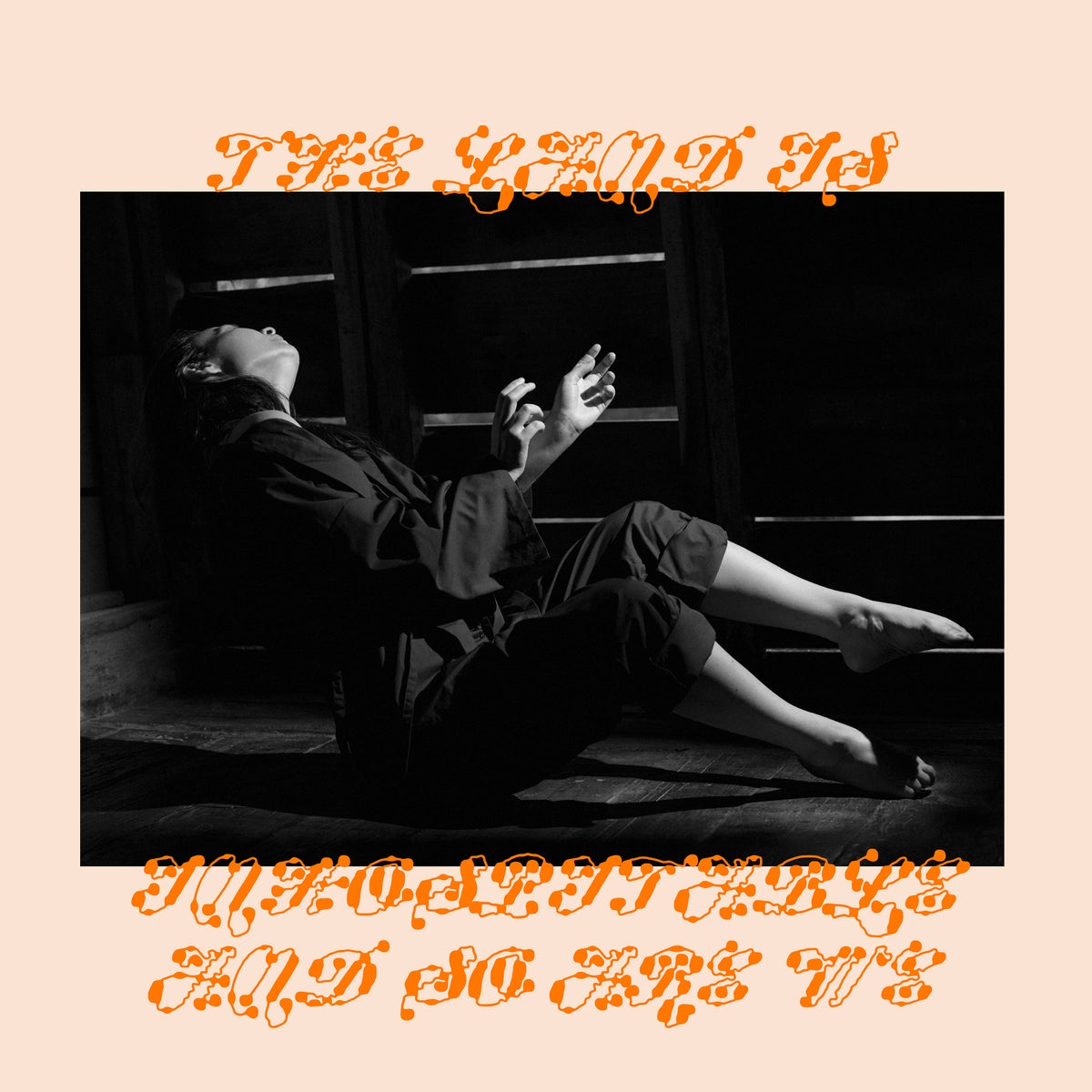
“There’s a deal you can make/ On a midnight walk alone…” croons Mitski on her seventh album. Loaded with pedal steel, fiddle, chirruping cicadas, howling dogs and Tex-Mex trumpet, The Land is Inhospitable and So Are We finds the woman widely hailed as “America’s best young songwriter” sounding like Nancy Sinatra’s vengeful ghost, as she mines a rich, dark seam of swooning Americana.
Born in Japan in 1990 – the daughter of an American father and Japanese mother – Mitski Miyawaki had lived in 13 different countries by the time she hit her teens. “I didn’t fit in anywhere when I grew up, but I was always American,” she said back in 2016, “so to survive I created this ‘ideal America’.” Settling in the US, aged 15, it came as a shock to her to realise: “Oh, I don’t belong here, either.” Her breakthrough album, Puberty 2 , found her exposing the hollow core of high-school rom-com America and its “pinky promise kisses”, while on last year’s Laurel Hell, she used Eighties synth pop to explore her frustration with capitalism and female beauty standards.
Now she’s bolstering raw country narratives with an orchestrated melodrama to sound like a woman prowling the prairies in thigh-high boots, with a flicker of a cowgal’s yodel in her tone and one last slug of whisky in her flask. “As I got older I learned I’m a drinker/ Sometimes a drink feels like family,” she confides on the ragged opener, “Bug Like an Angel”. It’s a lo-fi start to an elegantly constructed album that swells and falls in a lovely arc. The song is based around a simply strummed acoustic guitar pattern; Mitksi’s voice swills in a low, cynical drawl as she dishes out blunt truths. “When I’m bent over/ Wishing it was over,” she says, trying to remember that “the wrath of the devil was also given him by God”. Her genius touch is to add a choir who offer that sense of communal consolation.
Although moons, stars and fireflies dance through the emotional darkness of this record, hope isn’t a bumper sticker emotion for Mitski. Indeed, against the grungey thud of “Buffalo Replaced”, she unsentimentally compares the feeling to a pet. “I have a hope, and though she’s blind with no name/ She s***s where she’s supposed to, feeds herself while I’m away/ Sometimes I think it would be easier without her…”
I relished the album’s quirkier moments, when Mitksi brings an experimental, Scott Walker slosh to the orchestration. She achieves a delicious grandiosity in the drumming crescendo of “The Deal”, which unpicks the old blues myth about musicians selling their souls to the devil in exchange for their gift. “Will somebody take this soul?” she asks, over a woozy fiddle, only to tell us that: “Then of course, nothing replied/ Nothing speaks to you in the night/ And I walked my way home/ There was no one in sight.”
She channels the gorgeous suburban melancholy of Karen Carpenter on the excellent but fleeting “When Memories Snow”, where the choir and horns fanfare upwards as she describes her memories melting “down the drainpipe”. An early smoothness to her vocals gives way to a Patsy Cline-indebted desperation, as she repeatedly yowls “Ohhhh cake!” on the eating disorder-themed anthem, “I Don’t Like My Mind”.
There’s romance here too. To the saloon-bar slow dance of “Heaven”, the singer sighs of bending like a willow to her lover’s warm voice. The piano and pedal steel sway of “My Love Mine All Mine” sets the security of a relationship against the inevitability of death: “My baby here on Earth/ Showed me what my heart was worth”. There’s a giddiness to the sensual closer “I Love Me After You”, on which Mitksi celebrates striding naked through her house after her lover’s departure. Electric guitars scuff up shoegazey dust clouds at her feet as she swaggers: “Don’t even care that the/ Curtains are open/ Let the darkness see me.”
The subtle melodies on The Land is Inhospitable and So Are We can take their time to gleam through the murk. So give it time and space at night, when you’re alone, to allow its wild darkness to shine.







